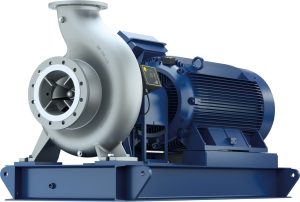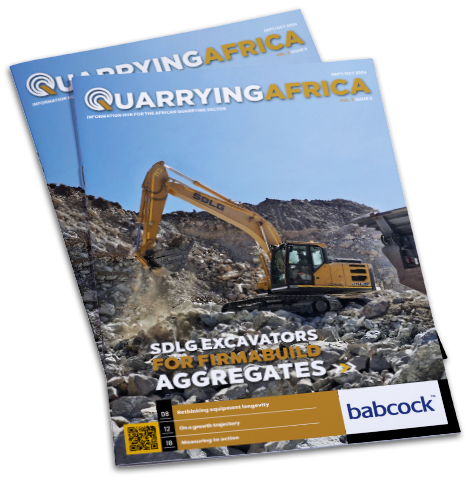Surface mining industry association, ASPASA, has welcomed the South African government’s short-term relief measures to address fuel price increases, Quarrying Africa can report.
The escalation in oil prices due to the global economic recovery as Covid-19 restrictions are eased, and the current conflict between Russia and Ukraine, has placed significant pressure on domestic fuel prices (and other commodities). Extensive consultations have been held between the National Treasury and the Department of Mineral Resources and Energy to explore measures to provide short-term relief to consumers and to reduce fuel prices over the medium term.
A “two phase approach” was agreed, comprising an immediate intervention for the next two months, and a package of measures to reduce prices when the temporary measures end after two months. This is in addition to announcements made in the 2022 Budget where no changes were made to the general fuel levy and the Road Accident Fund levy, providing tax relief of R3,5-billion.
Phase A of the relief measures will be anchored by a temporary reduction in the general fuel levy to be funded by a liquidation of a portion of the strategic crude oil reserves. The Minister of Finance has proposed that the general fuel levy is temporarily reduced by R1,50 per litre from Wednesday 6 April 2022 to Tuesday 31 May 2022. This will reduce the general fuel levy for petrol from R3,85 per litre to R2,35 per litre and reduce the general fuel levy for diesel from R3,70 per litre to R2,20 per litre for two months. These amounts exclude other levies such as the Road Accident Fund levy and the Carbon Fuel Levy. It is estimated that the partial reduction in the fuel levy will cost around R6-billion in foregone tax revenue for the two-month period.
As part of Phase 2, the Minister of Mineral Resources and Energy has proposed the following package of additional measures to be introduced after the expiry of the temporary measures from Wednesday 1 June 2022: reduction in the basic fuel price of 3c/l, in line with the recommendations of the review done by the DMRE; the termination of the Demand Side Management Levy (DSML) of 10c/l on 95 unleaded petrol sold inland; and the introduction of a price cap on 93 octane petrol, following from the previous DMRE proposal and consultation. This will allow retailers to sell at a price below the regulated price.
Speaking to Quarrying Africa, Nico Pienaar, director of ASPASA, says the government’s attempts to provide fuel price relief is highly appreciated by business, especially the energy-intensive mining industry.
“Our material or minerals are used for infrastructure development and if fuel prices keep increasing, the burden is passed on to the clients, of which a larger portion of that are government projects. As a result, projects become more expensive, thus dampening the whole infrastructure development exercise,” says Pienaar.
“Given that over 80% of our freight is on the roads, we are already seeing prices of general goods trending upwards, which is detrimental to an already struggling economy,” he says. “After the easing of Covid-19 restrictions, most businesses are already in survival mode and the threat of incessant fuel price increases is too much to bear for them. The short-term relief by government is a welcome development for our industry and the economy at large.”





